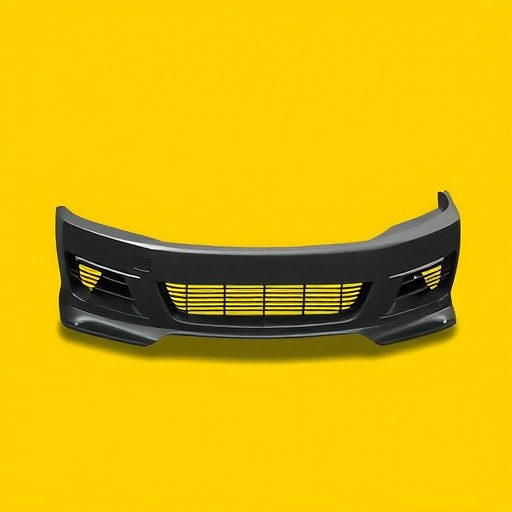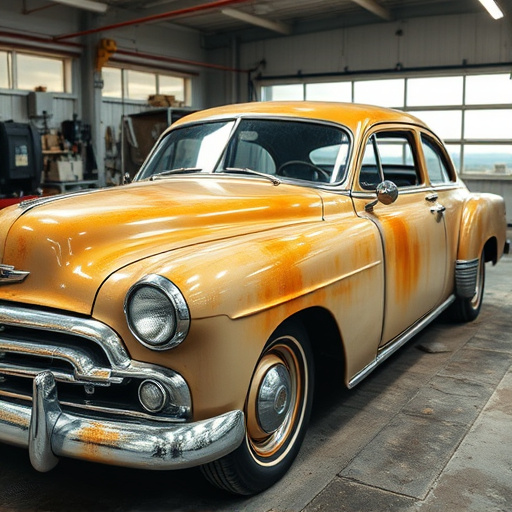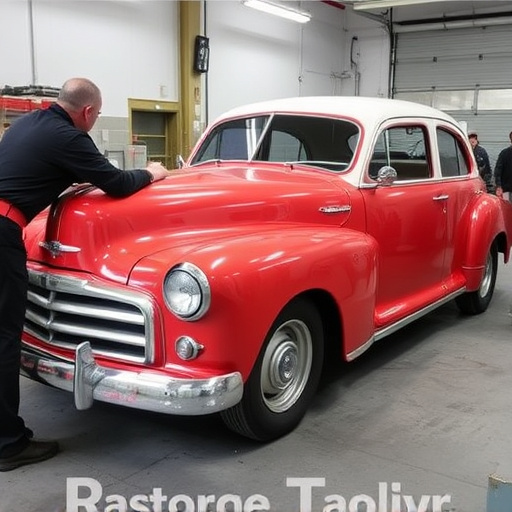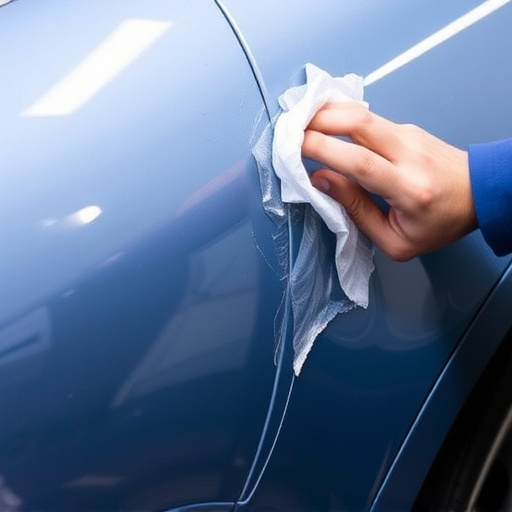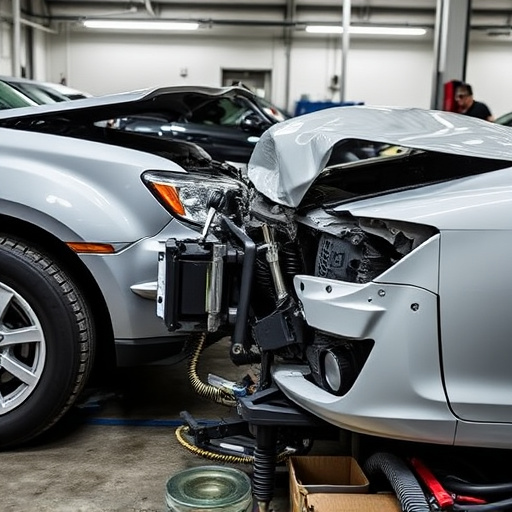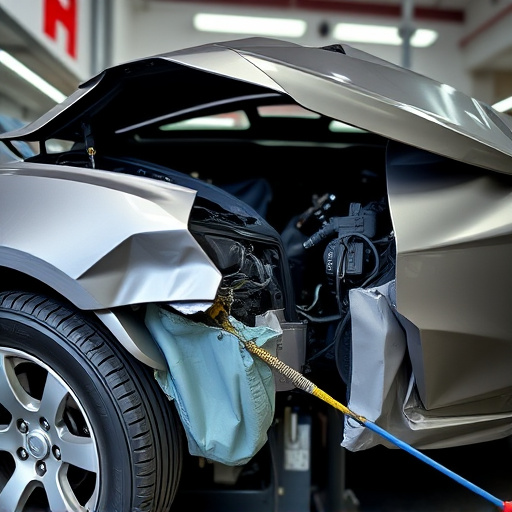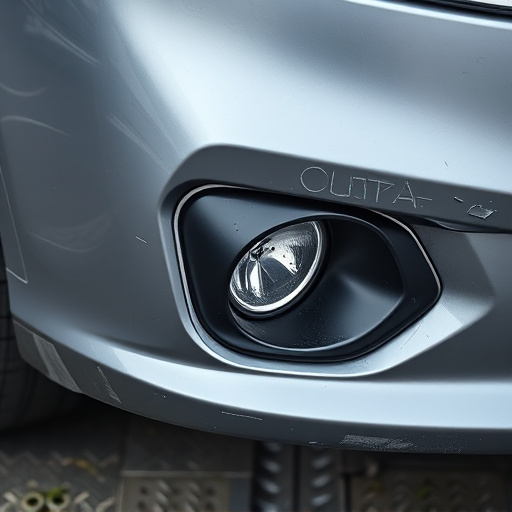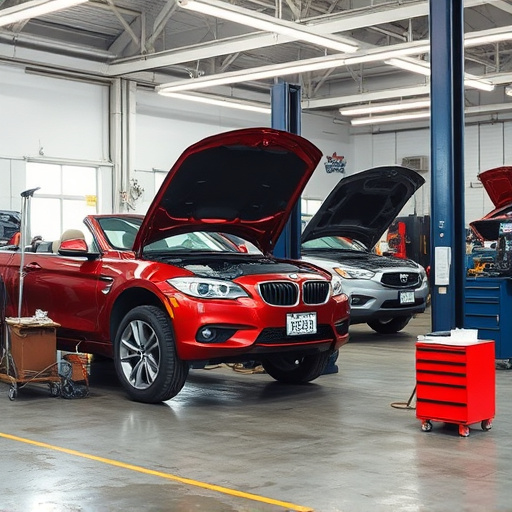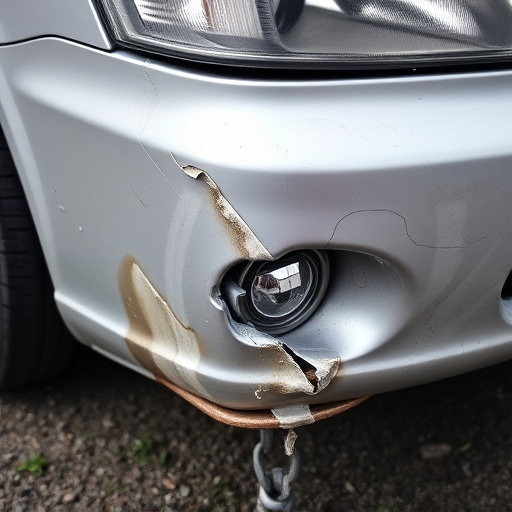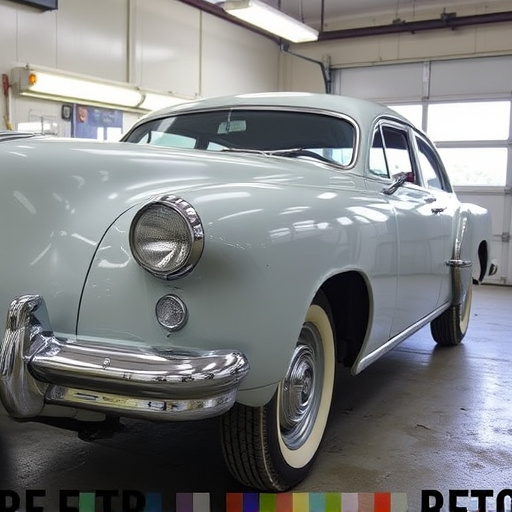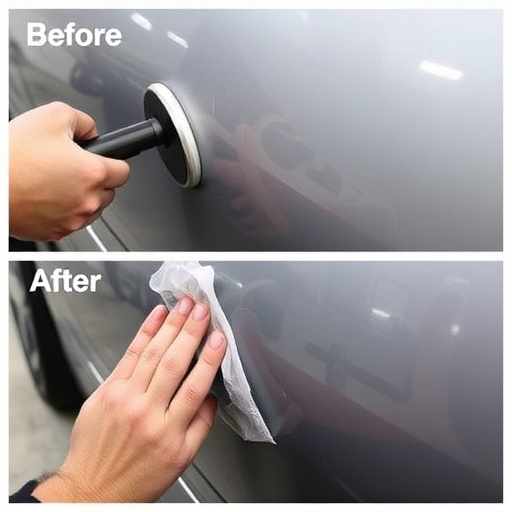When deciding between repairing and replacing car bodywork, assess damage severity and cost-benefit. Minor issues like dents can often be repaired, saving money. More severe damages like rust or structural problems usually require replacement. Auto body professionals recommend evaluating hidden structural issues and considering long-term advantages of quality repairs over immediate savings.
Making the choice between repairing or replacing your vehicle’s damaged body is a crucial decision. With rising costs and varying levels of damage, it can be challenging. Auto body professionals offer valuable insights to guide this process. In this article, we explore three key sections: Assessing Damage, Cost vs Benefits, and Professional Insights, providing practical tips for navigating the repair vs replace dilemma. Discover how these considerations can help you make an informed choice that suits your needs and budget.
- Assessing Damage: Is It Repairable?
- Cost vs Benefits: Weighing Replacement
- Professional Insights: When to Replace
Assessing Damage: Is It Repairable?

When making a repair vs replace decision for car bodywork, assessing the damage is a crucial first step. Auto body professionals recommend examining the extent of the damage to determine if it can be effectively repaired or if replacement parts are necessary. In many cases, minor dents, scratches, and small cracks in the paint can often be successfully fixed through autobody repairs, saving you both time and money compared to replacing an entire panel.
However, for more severe damages like extensive rust, major structural issues, or multiple cracked panels, replacement might be the better option. Professionals look for signs that the damaged area cannot be restored to its original condition, as trying to repair such problems could compromise the safety and integrity of the vehicle. Therefore, understanding whether a car dent repair is feasible or if a complete overhaul is required is essential in making an informed repair vs replace decision.
Cost vs Benefits: Weighing Replacement
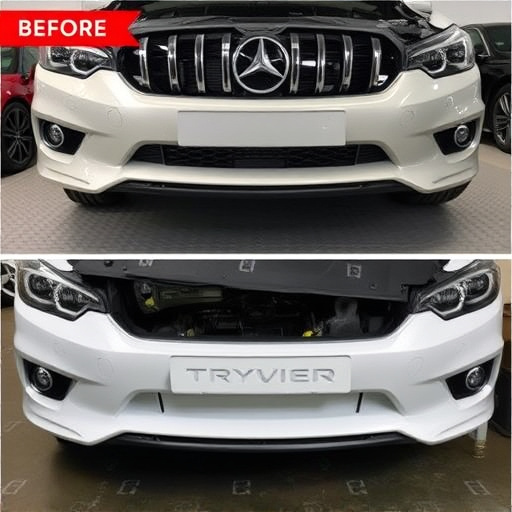
When considering a repair vs replace decision for your vehicle, one crucial factor to evaluate is the cost versus benefits. While immediate financial savings might tempt you to opt for replacement, especially with parts like fenders or door panels, it’s essential to consider long-term advantages of quality repairs. Auto body professionals recommend assessing the extent of damage and the age of your car. For newer vehicles with relatively minor dents or scratches, reparing can be a cost-effective option. Services like paintless dent repair for Mercedes Benz collision repair can restore your vehicle to its original state without the need for extensive painting, saving you both money and time.
Additionally, repairs offer the benefit of preserving the original value and history of your car. Vehicle repair services often come with warranties, ensuring peace of mind. In contrast, replacing parts might depreciate your car’s overall worth faster, especially if the model is no longer in production or if it requires specialized parts like those for classic cars. Weighing these factors can help you make an informed decision that aligns with your budget and priorities.
Professional Insights: When to Replace
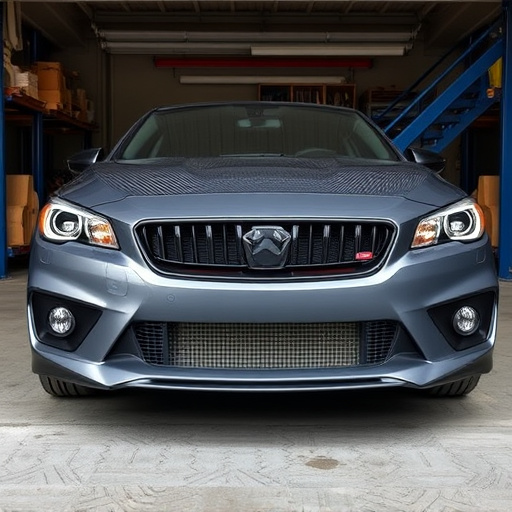
When faced with a repair vs replace decision for your vehicle, it’s crucial to listen to the insights of auto body professionals. They often see the unseen—the structural integrity issues that may not be immediately apparent. According to seasoned technicians, one clear indicator to replace is significant damage to critical components like frames or unibody structures, which serve as the car’s skeleton. Even with advanced repair techniques like frame straightening, these parts can lose their original strength and safety features over time.
Another professional advice revolves around aesthetics, particularly when it comes to vehicle paint repair. If the damage extends beyond a few dings and scratches, and involves deep dents or extensive paint loss, replacing the affected panel might be more cost-effective in the long run. While car collision repair can work wonders, severe cases may require new parts to ensure the car’s exterior looks as good as new, enhancing its resale value. Remember, the decision isn’t just about fixing the obvious; it’s about considering the overall health and future value of your vehicle.
When deciding between repairing or replacing damaged auto body, assessing the extent of the damage and understanding cost-benefit ratios are crucial steps. Auto body professionals emphasize that repairs can extend the life of a vehicle and save money in the long run for minor to moderate issues. However, for severe cases where safety or structural integrity is compromised, replacement may be the best option. Weighing these considerations allows drivers to make an informed repair vs replace decision tailored to their specific situation.
